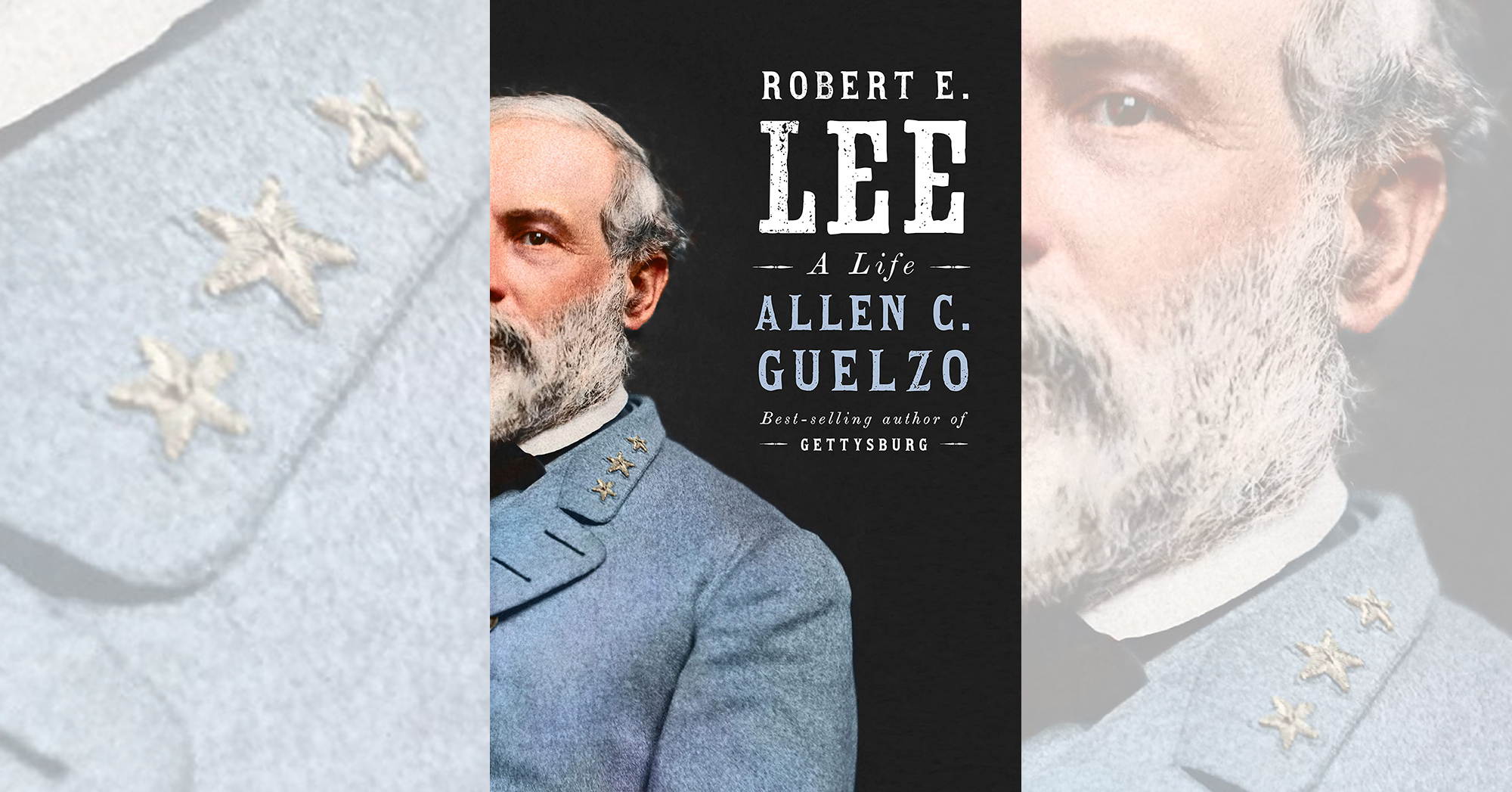Robert E. Lee: A Biography, by Allen C. Guelzo, Knopf, New York, 2021, $35
Cancel culture politics aside, Robert E. Lee remains a beloved and respected figure among American military historians. Reverential biographies, led by Douglas Southall Freeman’s four-volume Pulitzer Prize–winning 1934–35 work, have poured out since his death. Princeton historian Allen Guelzo’s latest offering brings matters up to date by emphasizing Lee’s racial views without detracting from his real achievements.
Lee’s father, Virginia planter and Revolutionary War hero Henry “Light Horse Harry” Lee III, went bankrupt in his retirement, was severely injured in the Baltimore riots of 1812 and abandoned his family when Robert was a child. Although never poor, concern about money preoccupied the younger Lee, and Guelzo suggests that insecurity drove him seek appointment to West Point, which he was granted in 1825. The pre–Civil War army had no retirement system; officers received a salary until the day they died.
The outbreak of the war found him a well-respected, conscientious, middle-aged colonel with no blemishes on his record, so it was no surprise he was offered the command of Union forces defending Washington, D.C., in April 1861. No secessionist, but inextricably attached to his role as a member of the Southern aristocracy, he opted instead to command the forces of Virginia, which had just voted to secede. He spent a year constructing defenses and fighting minor actions without distinguishing himself, but matters changed in June 1862 when he assumed command of the army opposing Union forces headed toward Richmond. Routing them in aggressive attacks, he became a Southern icon.
His insecure opponent, Maj. Gen. George McClellan, believed his forces were vastly outnumbered. Historians rarely speculate what would have happened had Lee instead faced a more resolute general—as happened in the Wilderness in 1864, when he again attacked a superior Union force, only this time under Ulysses S. Grant, who fended him off with an outcome that brought glory to neither commander.
Guelzo delivers a mostly admiring account of Lee’s actions over the course of the war. That said, the Confederate commander was a deeply unoriginal thinker who believed battlefield victories would win the war. When that proved clearly impossible, he nevertheless continued the fight, believing such resistance would discourage his opponents, who, after all, lacked Southern fortitude.
In recent years Confederate generals, Lee perhaps foremost, have suffered bad press. Apologists insist he opposed slavery. In fact, like many educated Southerners (including Thomas Jefferson and James Madison) he believed that owning slaves damaged a gentleman’s character, like drinking too much or having a mistress. That slaves suffered was of little consequence. To him the greater harm was to one’s own reputation. In the wake of the war he opposed Reconstruction and publicly testified that efforts to help freed slaves would prove fruitless. Despite such unedifying warts, Guelzo’s Lee remains in the mainstream.
—Mike Oppenheim
This post contains affiliate links. If you buy something through our site, we might earn a commission.





